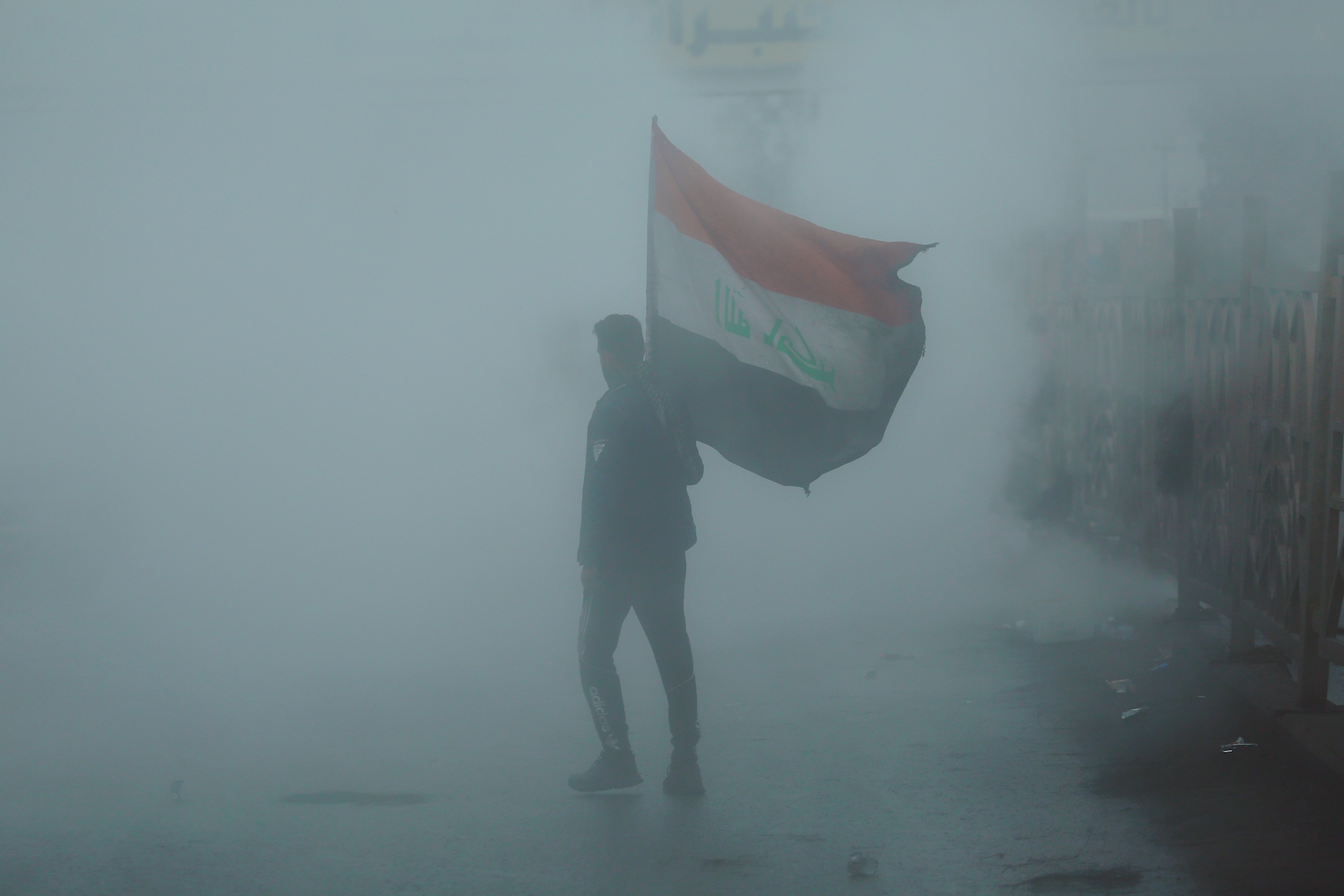
Iraqis are Growing Exasperated with Corruption and Political Paralysis
Last week, 73 members of the Iraqi parliament belonging to the Sadrist Movement resigned in an apparent attempt to put pressure on colleagues to break months of political deadlock. While the move has come as a surprise to commentators, it reveals the extent of the paralysis and uncertainty that has long engulfed Iraqi politics.
Since October’s legislative elections, which were actually brought forward in the hope of solving the previous political crisis, Iraq’s parliament has been unable to forge the majority required to designate a new prime minister or an executive. With the latest mass resignation unlikely to contribute significantly towards achieving that goal, Iraqi citizens – who must navigate daily corruption and poverty – are growing increasingly exasperated, which raises the spectre of a new wave of mass protests.
Scarring sectarian politics
In a recent report, the UN Special Representative to Iraq warned that the political situation could soon degenerate further, with mass protests becoming increasingly likely. Decades of war and political chaos have left Iraqi citizens growing increasingly exasperated with economic mismanagement and, above all, the staggering levels of corruption that are present in every aspect of Iraqi society.
A clear indictment of the state of Iraqi politics since 2003 is the country’s position among the 20 most corrupt countries, according to Transparency International’s 2020 Corruption Perception Index. At its centre is the “Muhasasa Ta’ifia,” a power-sharing scheme which divides ministerial positions between senior members of the main political parties and grants them the power to appoint civil servants. This system, originally intended to give an equitable voice to Shi’a, Sunni, and Kurd communities, has been described by some academics as “externally-imposed sectarian politics” and massively contributed to a culture of corruption and graft in which the political elites often work together in defrauding the state of billions of dollars. And all this is happening in a nation, where as much as one-third of its population of 41 million now lives in poverty.
The effects of endemic corruption, however, are not only felt by the local population, but also by foreign investors, who often come under pressure to play ball with well-connected political fixers or families to avoid bureaucratic hurdles. This is also inadvertently encouraged through the Muhasasa Ta’ifia, which created a bloated public sector that is particularly susceptible to bribery. Having to pay a bribe in order to move goods across the Iraqi border is commonplace and the legal mechanisms that are supposed to punish instances of graft are so weak and ineffective as to be considered negligible.
The usual suspects
These dynamics are all too obvious in Iraq’s province of Kurdistan, which is ruled by Masrour Barzani, whose family has long exercised nearly unparalleled power in the region. Long seen as a pole of corruption within Iraq, the Barzani family name was splashed all over international papers earlier this year, when the corrupt dealings of telecom giant Ericsson were revealed to the public.
The explosive dossier exposes years of shady practices by the Swedish company, including payments made to ISIS for access to transport routes, endangering the lives of their workers, and handing out bribes to Sirwan Barzani, an army commander, under the guise of charitable donations for Kurdish child refugees. While Ericsson is facing several regulatory probes, including an investigation by the U.S. Securities and Exchange Commission, it remains unclear what the consequences will be for their accomplices in Iraq.
This is not the first time that international attention has been directed towards Sirwan Barzani, who has become notorious for a series of high-profile corrupt practices and financial scandals. In 2011, for instance, Barzani was at the centre of a major controversy, when two major foreign telecoms players – French giant Orange and Kuwait-based Agility – were stripped of their 44% stake in his company, Kurdish communication company Korek. The decision was made by Iraq’s telecoms regulator, NCMC, whose CEO has strong ties to the Barzani clan. The matter is currently still being litigated, turning into something of a legal drama in recent years, with damages sought rising to the hefty sum of $1 billion.
Of course, this sort of politically sanctioned corruption in Iraqi Kurdistan would not be possible without the wholehearted cooperation of national institutions. Just this month it was revealed that nearly $700 million in public funds went missing from Iraqi state-run banks as a result of alleged “forgery, embezzlement, manipulation, money laundering (and) abuse of position.”
For now, Iraq’s potential appears to be held hostage by endemic corruption and endless political wrangling. Not only is this bad for the economy, with foreign investors understandably wary of taking any risks in the country, but it is also especially bad for the state of Iraqi democracy. With its citizens growing increasingly frustrated at the lack of representation, will Iraq’s politicians finally break the deadlock before the people take once again to the streets?
